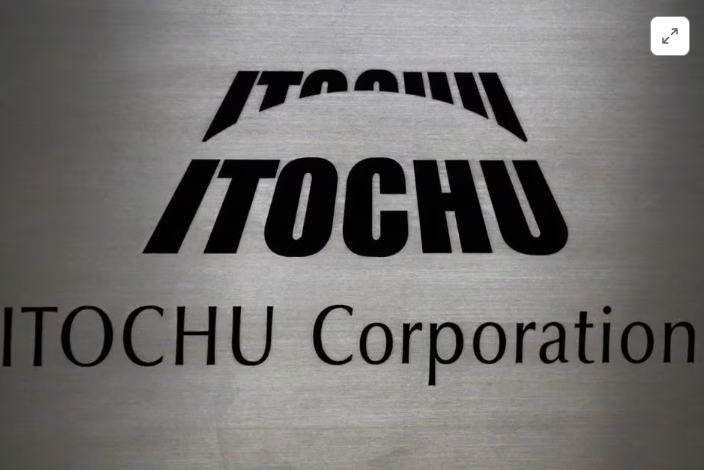
Japan has joined Western sanctions on Moscow after it sent troops to Ukraine in 2022 but has kept stakes in a number of energy projects as a matter of energy security.
The sources, which are close to shareholders of INK‐ZAPAD, a joint venture between Russia's privately-held Irkutsk Oil Co (INK) and the Japan South Sakha Oil Co Ltd (JASSOC) consortium, did not give deal terms or say why Inpex decided to sell.
But the transaction, which has yet to close according to one of the sources, shows that Japan continues to maintain its presence in Russia despite condemning its actions in Ukraine, supporting sanctions and cutting energy imports from Moscow.
In 2021, before the conflict in Ukraine, Japan relied on Russia for 4% of its oil imports.
INK owns 51% of INK-ZAPAD while JASSOC holds the rest. JASSOC is controlled by the state-owned Japan Organization for Metals and Energy Security (JOGMEC), Itochu and Inpex which hold stakes of just under 50%, slightly over 25% and slightly under 25% respectively.
After the deal, Itochu will hold just over 50% of JASSOC.
With production of around 50,000 barrels of oil per day (bpd) which is shipped to Asia, INK-ZAPAD represents a tiny fraction of Russia's 10.6 million bpd total output and around one-third of INK's production.
JOGMEC, Itochu, and Inpex declined to comment. INK did not reply to a Reuters request for a comment.
Japanese companies, including JOGMEC, Itochu and Inpex, have kept their stakes in some of Russia's largest energy projects including Sakhalin 1 and Arctic LNG-2.
Japan drastically cut oil imports from Russia to 0.7 million barrels last year, a 95% drop from a year earlier, according to Japan's customs data, with liquefied natural gas imports down 11% at 6.1 million metric tons.